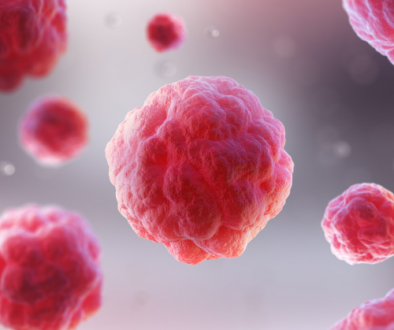What You Need to Know about the Gut-Brain Connection
You already know that what you eat has a huge impact on your gut. But what you may not know is that your gut health in turn effects all your other body systems: your skin, your muscles, your cardiovascular system, and your nervous system.
That’s right: the health of your gut has a close relationship with the health of your brain. This connection is called the gut-brain axis. The gut-brain axis is the biochemical signaling that takes place between the gut and the brain. This means of communication shows us the importance of food and gut health on your brain health.
How to Improve Your Gut Health
Having a healthy gut microbiome, and eating foods that support it, in turns supports brain health. This means cultivating and maintaining a strong balance of healthy bacteria in your digestive system. You can accomplish this by eating healthy, nourishing, easy digestible foods. You’ll also want to ditch sugar and processed foods as much as you can.
Another way to support this is by eating foods high in healthy bacteria. That would include fermented foods like yogurt, kimchi, sauerkraut, as well as drinks like kombucha and kefir. If fermented foods aren’t your thing, you can always supplement with a good quality probiotic.
Why Your Gut Health Matters
Putting your gut health as a high priority can support your brain in many ways. Studies have shown that the health of your microbiome does have an effect on your mood. Bacteria imbalance in the gut (also called dysbiosis) and inflammation can lead to symptoms of mental illness.
Scientists have even compared fecal samples from people with depressive disorders against people who don’t. The differences between the samples, from a bacterial perspective, speak for themselves. Those with depressive disorders show less evidence of healthy bacteria in the gut, as well as less diversity in their gut bacteria. As a result science is now exploring probiotics as a natural means of treatment for some people with mental health disorders.
Gut health also matters because it may have an impact on neurodevelopment. Animal studies have shown a relationship between a healthy gut and neurodegenerative disorders like Huntington’s and Parkinson’s disease. A healthy gut may be neuroprotective in terms of the progression of these diseases.
Other studies have focused on improving the brain health of older adults. Probiotics have been shown to improve cognition in healthy elderly individuals. The potential for probiotics and probiotic foods to improve the aging process is still being revealed.
The Takeaway
What you eat impacts more than just your gut – it also matters for your brain. Eating well and maintaining a healthy gut microbiome has the potential to support your mood, cognition, and also to be neuroprotective. Add more probiotic food to your diet, or consider taking it as a supplement. Either way, you can reap the many benefits of a healthy gut microbiome!




